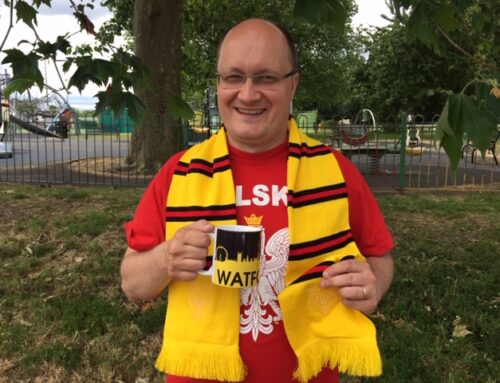Report on the article published in New City online by Giampietro Parolin, SUI Professor of Business Strategies together and Giuseppe Argiolas, which gives a brief description on this theme which he dealt with in his doctoral dissertation in Economics, discussed last 24 September 2015.
Our lives are full of collegial decisions, not to mention the parliamentary mediation debates and votes, which each of us have in some way experienced within our families, in condominium assemblies, and corporate board meetings. There are many ways of discussing (and at times, fighting) in the endeavour to reach a decision: some wish to decide quickly and are not open to discussion, while others want to examine issues closely, not to mention those “concerned” only in the pure ratification of the decisions proposed by those who really do not want to enter into a debate!
The theme of collegial decision making is at the core of democracy at all levels and as such is an interesting element focused on in the studies of philosophers, political experts and economists (especially the latter have delved into this aspect since the 1950s). And it was precisely through the experimental work of an economist, the Nobel Prize winner, Vernon Smith, that democracy entered the workshop discussion. For some decades now, the theoretical models of political experts have been tested in social workshop experiments: three main lines of thought deal with committee decisions, elections and competitions among candidates, poll affluence and participation competitions.
These experiments, thanks to the recent progress of neurosciences, allow us to observe and know human behaviour in controlled settings, separate the different components that influence people’s choices, and explain the outcomes in terms of consensus, agreement, affluence, etc. For example, one of the fields studied is the voting system (and who knows whether some of our parliament members in charge of reforms, have ever been informed of these studies!).
This all regards the response to questions such as: what are the incentives that push participants to share or manipulate available information, and how individuals with diverse opinions are able to more or less reach a common ground. But also mechanisms are examined, like that in which one tries to “jump in the winner’s wagon,” in the sense of voting not according to one’s convictions but according to the socially winning party.
Also other current themes are dealt with, such as civil marriages, citizenship to immigrants, and genetically modified organisms, that cannot only be tested through surveys, but are brought to the workshops to be studied in small deliberating groups. This is what recently occurred in the experiments of two universities – Cagliari and Sophia. The study measured the effects in terms of reaching an agreement (unanimous votes) and of the shifts of opinions before and after the experiment, making the available information change, and giving the possibility to discuss the ethical-cultural factors of participants.
The results confirmed that information is a powerful device that makes opinions shift, while discussion is the more likely means of reaching an agreement. As could be foreseen, the ethical–cultural background weighs on the results.
Studying democracy in workshops could contribute to strategies on how to cope with the pathologies of democratic systems, and offer therapies that can interact with proposals for greater public participation and discussion bound to the so-called “deliberating democracies.”
Of course, these studies that elaborate democratic models and tests in workgroups, concern us all (also whether or not we go to the assemblies to quarrel) and not only the politicians on TV. These are learning sessions which can improve our life in society.



Leave A Comment